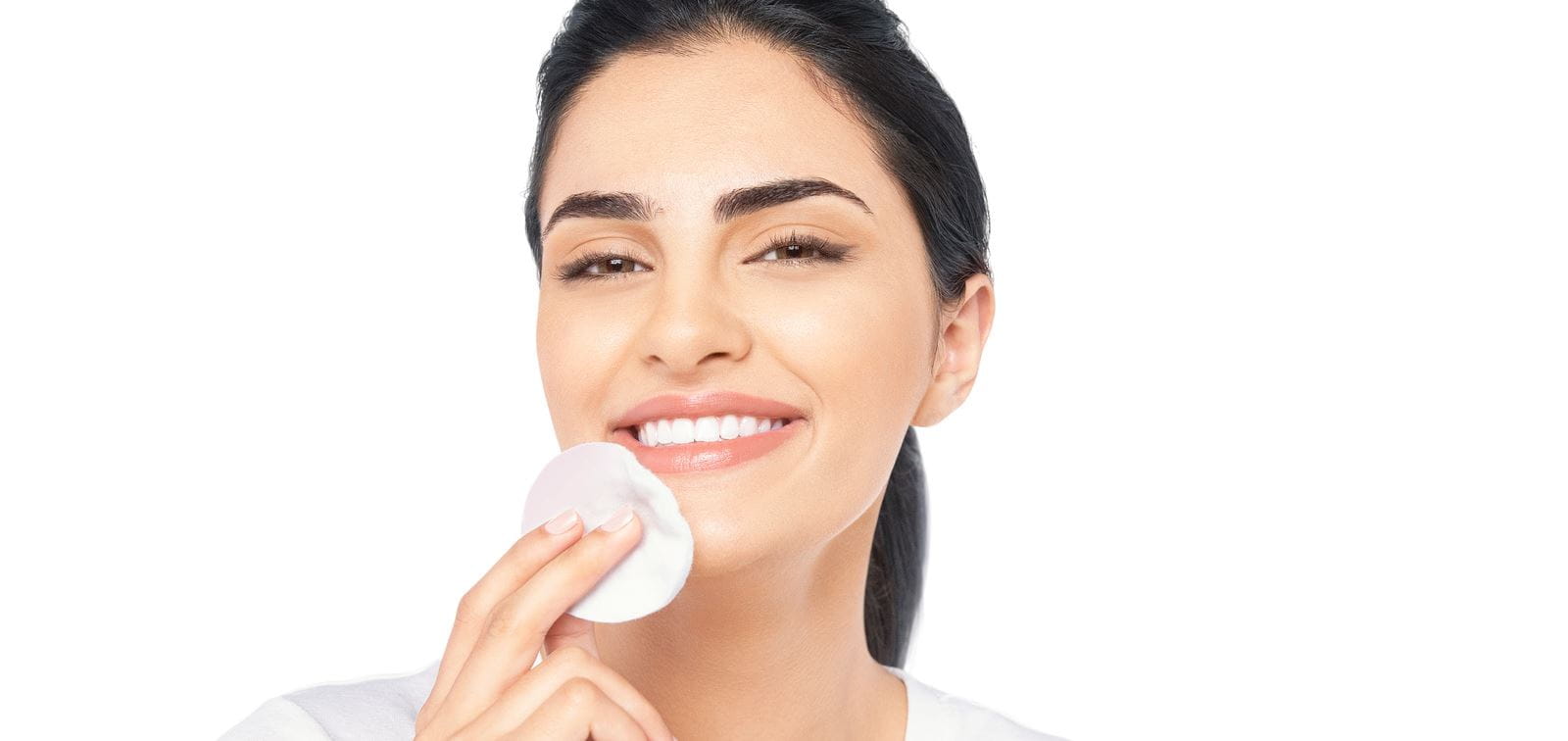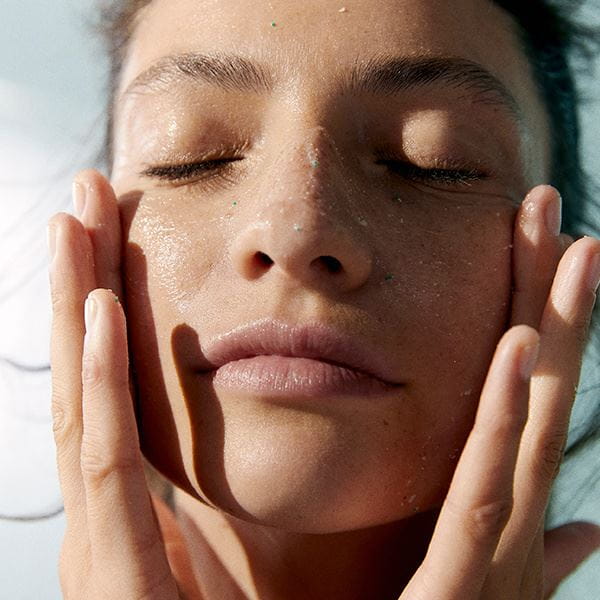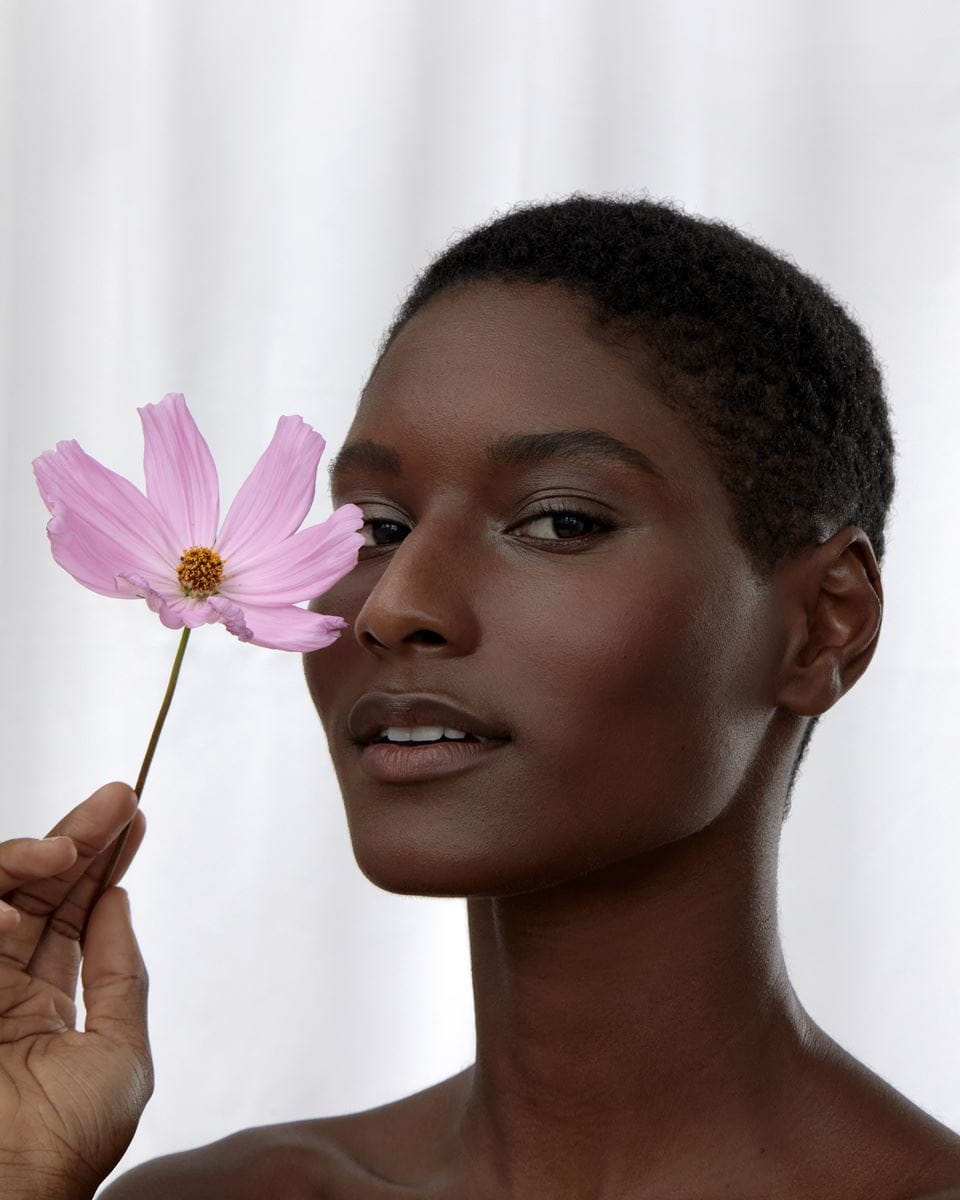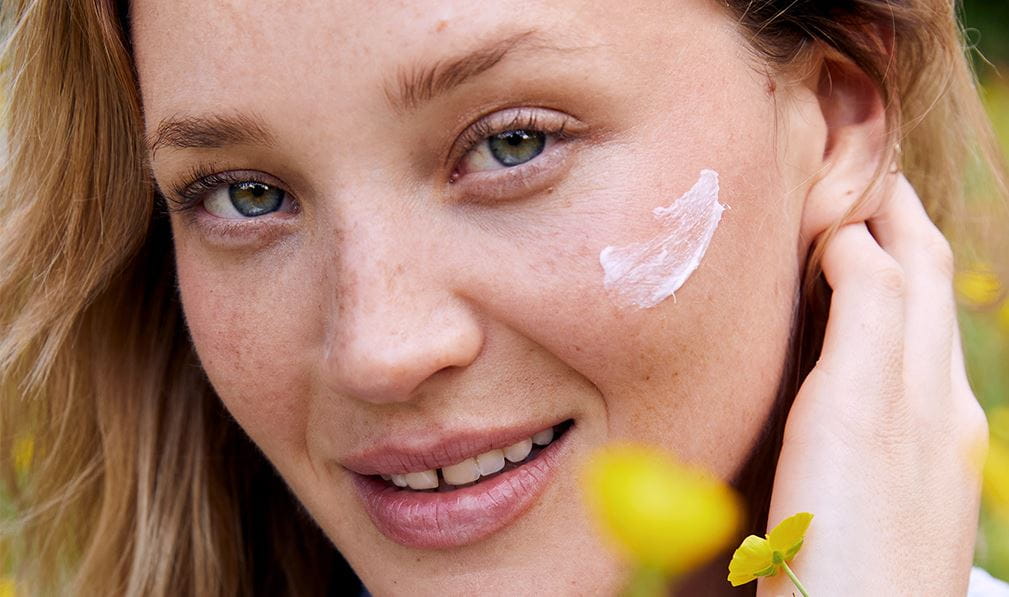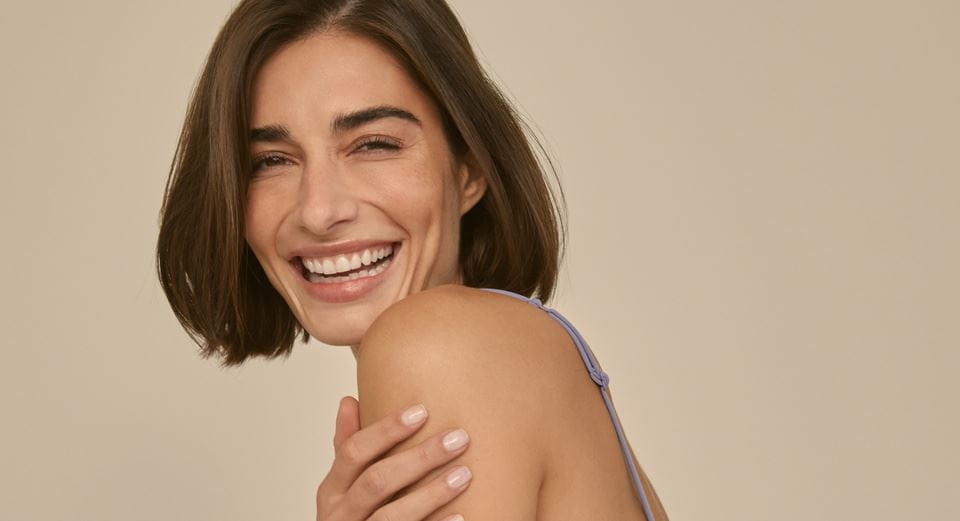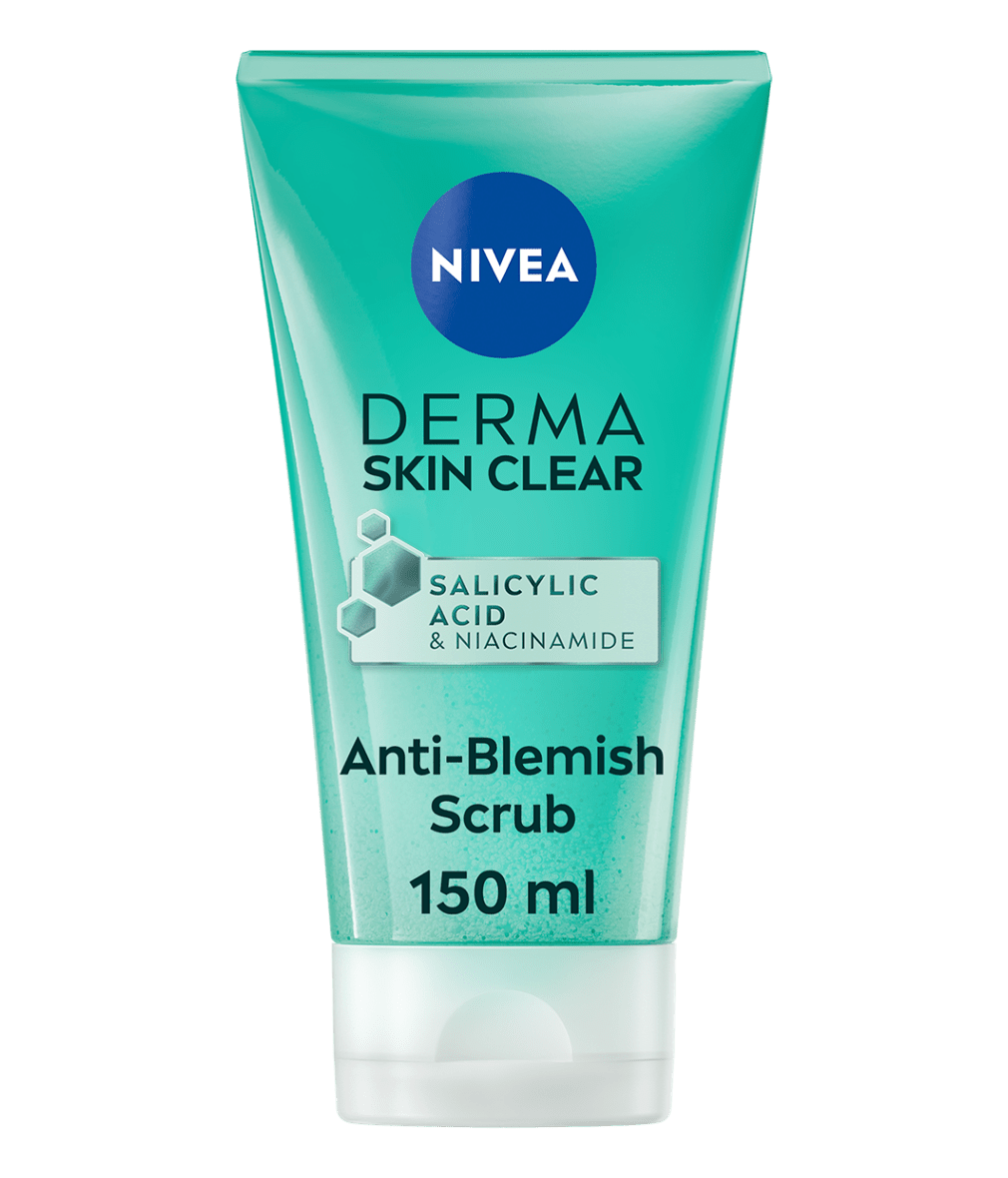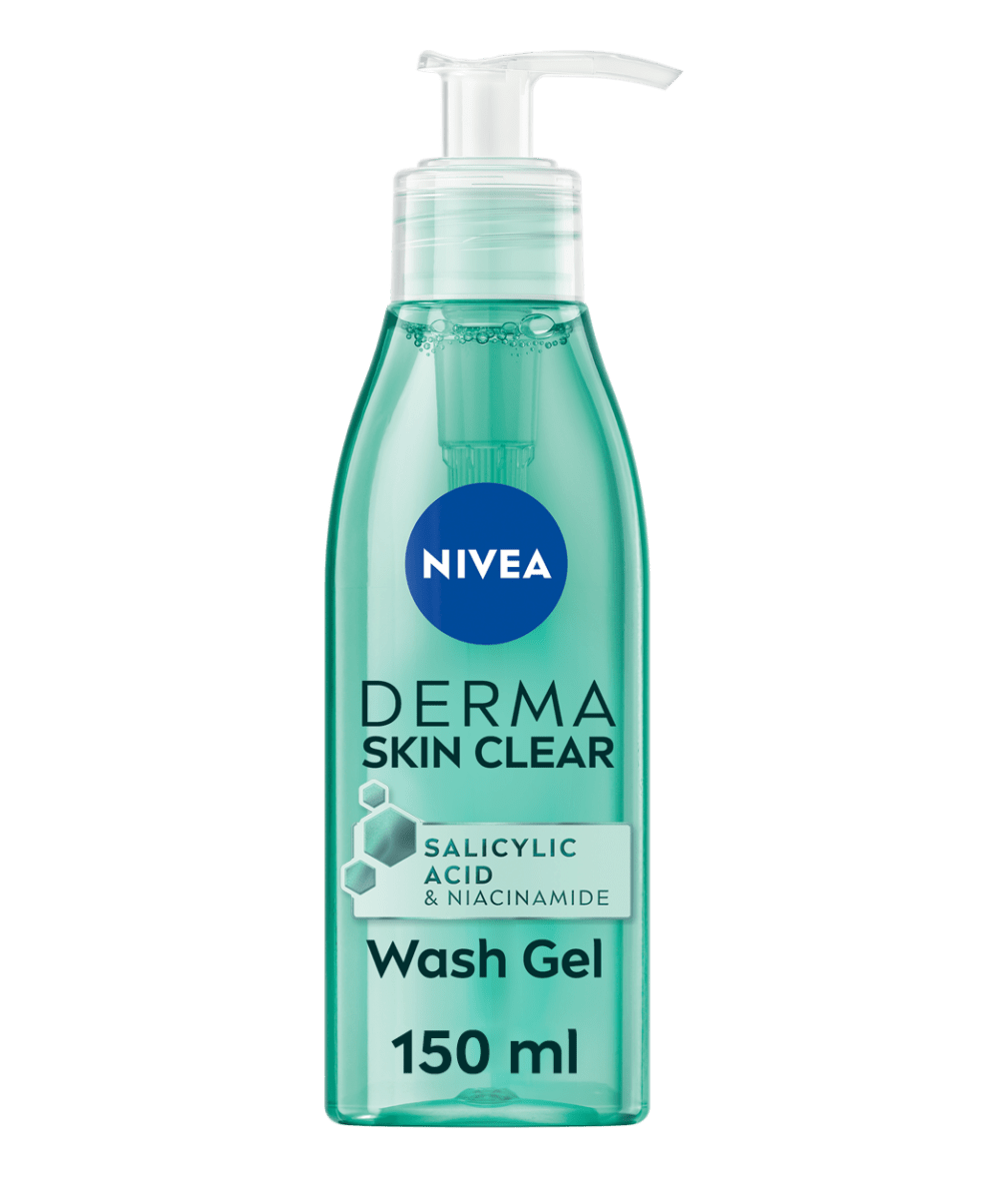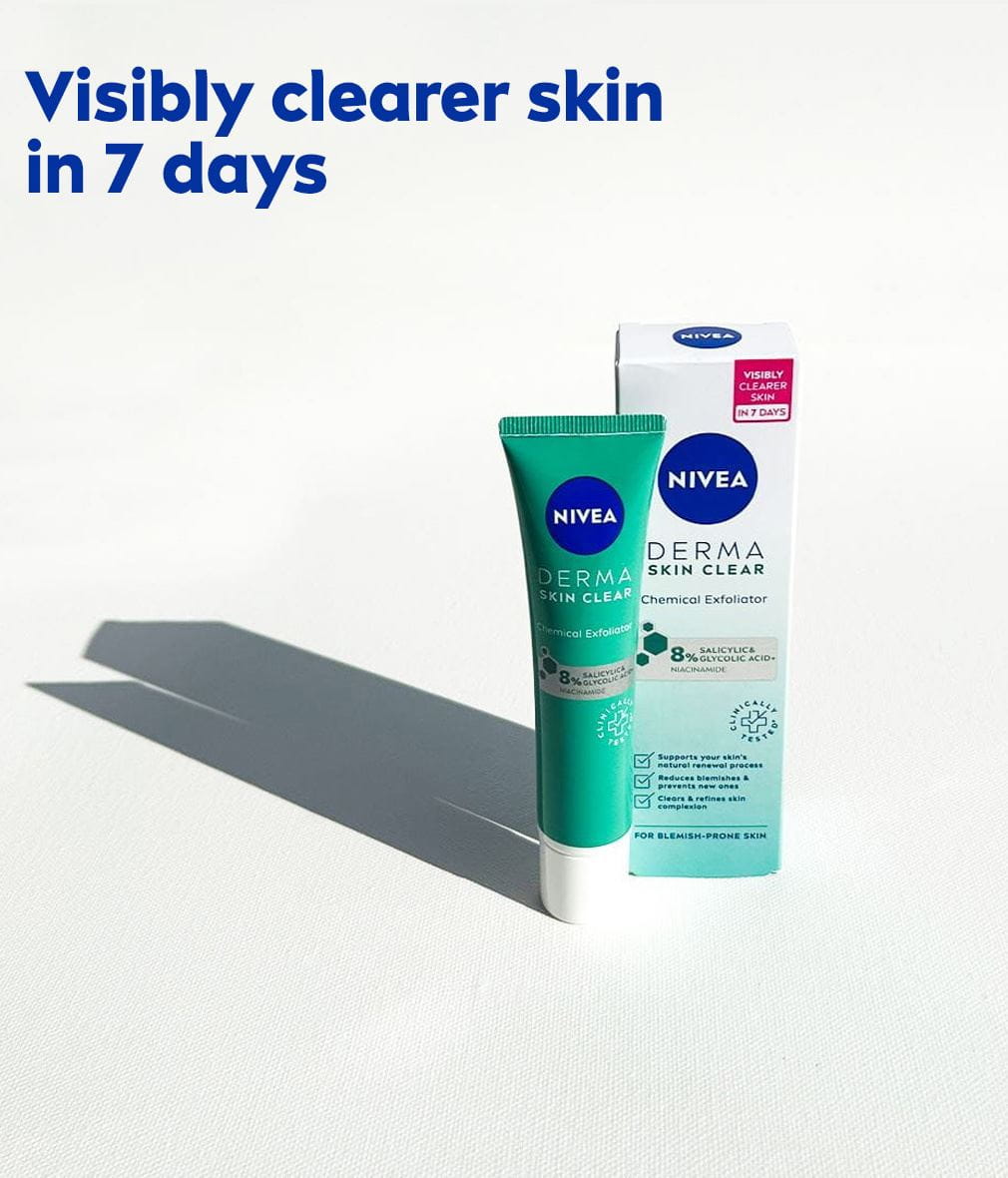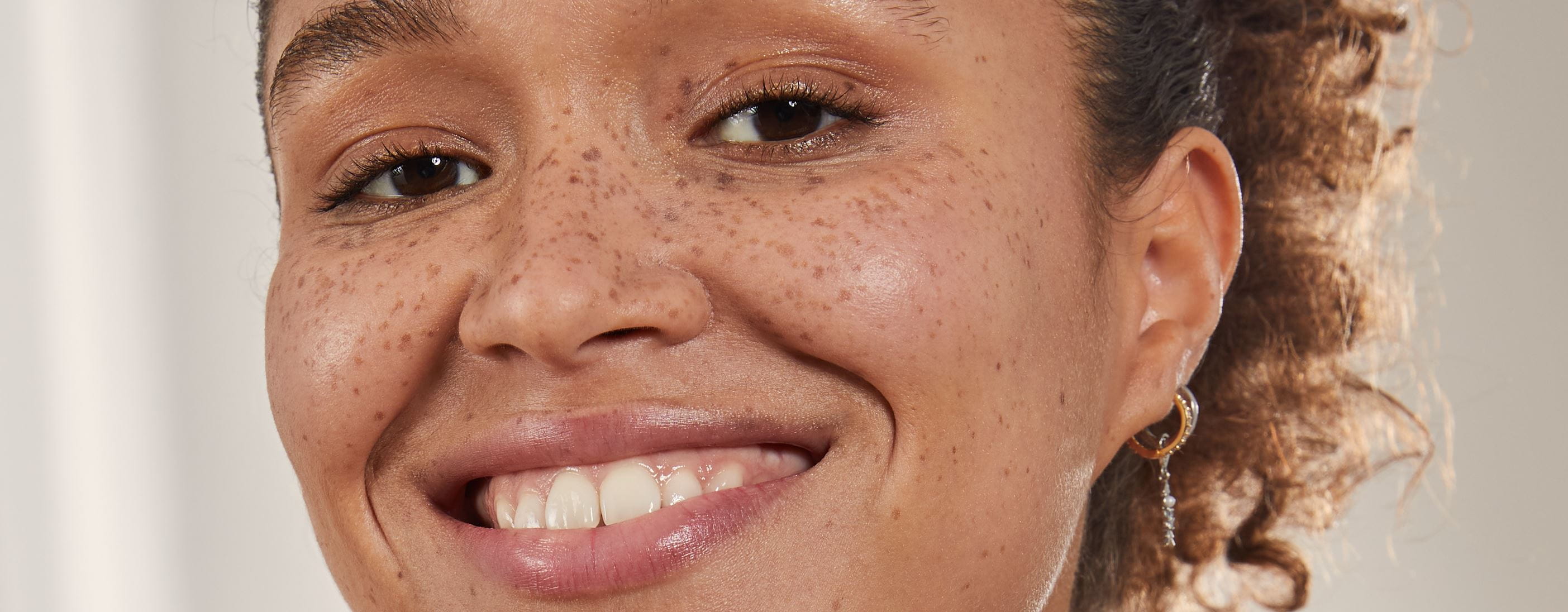
The NIVEA Acne Treatment Guide
Everything you need to know about what causes acne and how to get rid of it.
THE NIVEA ACNE TREATMENT GUIDE
Acne can affect everyone at some point in their lives. It causes spots, inflammations and it can be painful. If you’re looking for a way to improve your acne, want to know more about the different types of acne, or are looking for a routine to care for acne-prone skin, you’ve come to the right place.
THE 6 MAIN TYPES OF ACNE
Here are the 6 main types of acne, but it can be difficult to distinguish between them.
6 TYPES OF SPOTS
DO YOU HAVE AN ACNE BREAKOUT?
An acne breakout can, at first glance, look very similar to a skin purging episode. So, the skin may become very blemished, oily, red, and irritated. But there are some key differences.
Skin purging tends to happen after you try a brand new skin product with stronger chemicals, such as a product that includes the anti-ageing ingredient Retinol. It can be quite a localised reaction – so it might only show up where the new, stronger product was applied.
Does that sound like you? If not, read on for some key causes of acne breakouts.
Skin purging tends to happen after you try a brand new skin product with stronger chemicals, such as a product that includes the anti-ageing ingredient Retinol. It can be quite a localised reaction – so it might only show up where the new, stronger product was applied.
Does that sound like you? If not, read on for some key causes of acne breakouts.
DO YOU HAVE AN ACNE BREAKOUT?
WHAT CAUSES ACNE?
There are a lot of things that can cause acne breakouts. From your diet to the cleanliness of your makeup brushes. Sometimes, using products that don’t suit your skin type can even cause a bout of acne.
PREVENTING ACNE
Here are a few easy ways to prevent acne breakouts.
NIVEA Derma Skin Clear Range for symptoms of acne
HOW TO GET RID OF ACNE
Acne is a skin condition that can cause substantial discomfort. But there are a lot of things you can do to improve your skin complexion. And remember, try not to stress yourself out – it can make the issue worse.
Read on to find out if acne can disappear on its own, how long a breakout can last, and discover some acne treatment options.
Read on to find out if acne can disappear on its own, how long a breakout can last, and discover some acne treatment options.
How to get rid of acne
ACNE TREATMENT OPTIONS
IT’S IMPORTANT TO FEEL GOOD IN YOUR SKIN
Using quality products and adopting a good skin care regime will help keep your skin free from impurities, but it can be tough to keep on top of at times. With a huge selection of skincare at NIVEA and easy-to-follow skincare tips, mean finding your perfect skincare routine should be simple.
Remember, if you’re experiencing acne breakouts that last longer than 2 months, or if the severity is having a significant impact on your happiness, you should contact your doctor for further help and advice.
Remember, if you’re experiencing acne breakouts that last longer than 2 months, or if the severity is having a significant impact on your happiness, you should contact your doctor for further help and advice.
